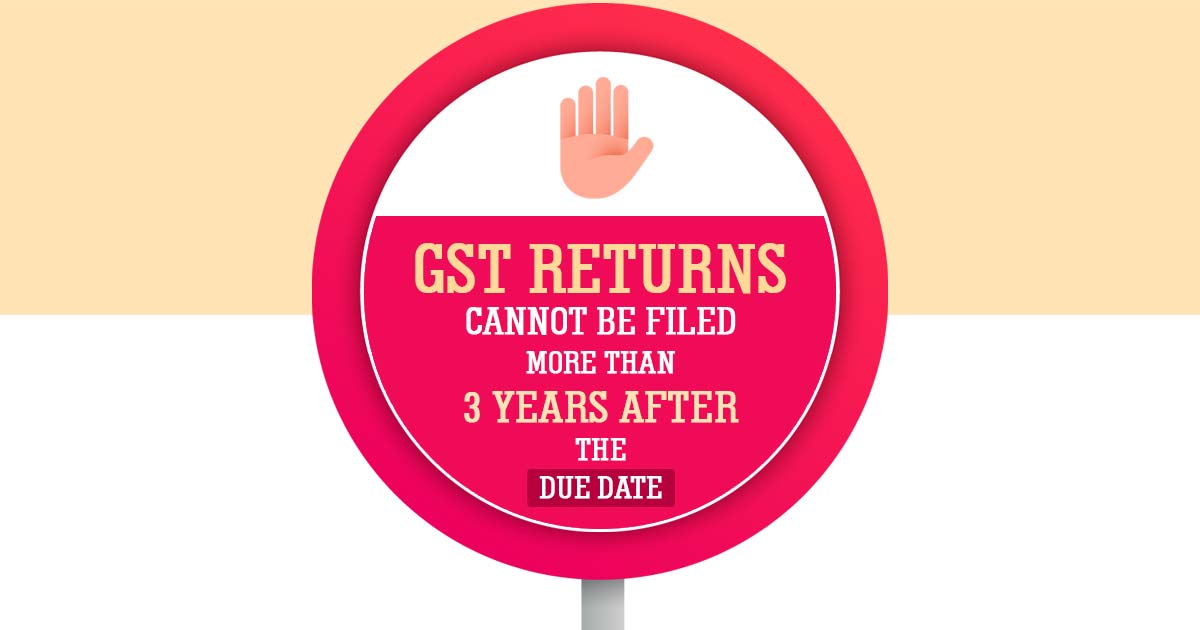
An advisory has been released by the Goods and Services Tax Network (GSTN) which notifies the taxpayers that the GST portal shall introduce a filing limitation on specific GST returns more than three years past their due date.
GSTN has also confirmed that these changes, which restrict GST return submissions after a three-year duration, will take effect on the GST portal starting in early 2025. The same revision has the objective of curbing evasion and promoting compliance within time and for effective regulation and fact-checking.
To prevent mistakes and oversights, it’s important to frequently check your GST returns and confirm GSTIN information for accuracy. In terms of inaccuracy, one could revise these returns before the due date.
What Takes Place if You Are Unable to Act Towards the Same Advisory?
The registered taxpayer will be treated as a defaulter of GST laws and certain chances of cancellation of registration are there. There might be a problem for the taxpayers who are unable to provide a late GST return and get the time-limited via the GST portal so that the department may start an effective assessment of judgment.
It is to be marked that acknowledging the same obligatory limitation complies with an adequate intimation, which may limit the High Court’s power to grant relief to make retrospective amendments.
What Steps are Required to be Taken to Prevent Any Mistakes?
The assessees compiles or reconciles the required data to make the GST returns and submit the returns within 3 years from the respective return deadline.
Acknowledging the taxpayers are submitting the returns related to the past durations it is recommended to ensure precision by performing the reconciliations with the books of accounts and ITC emerging in the Form GSTR-2B. The registered assessees are asked to proactively audit their filing history and fulfil any due returns within the remaining window.









